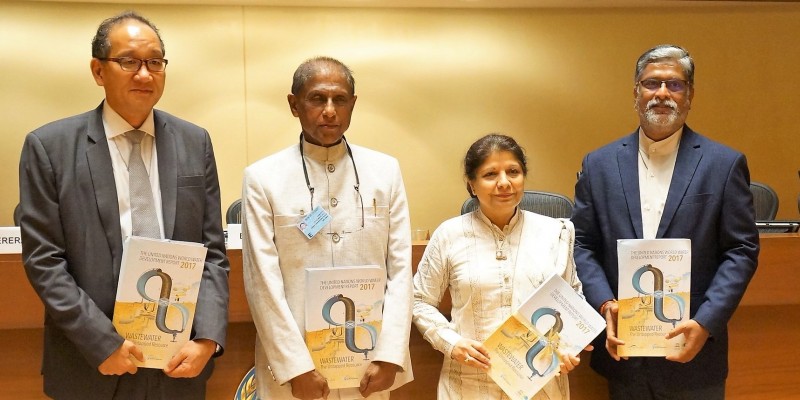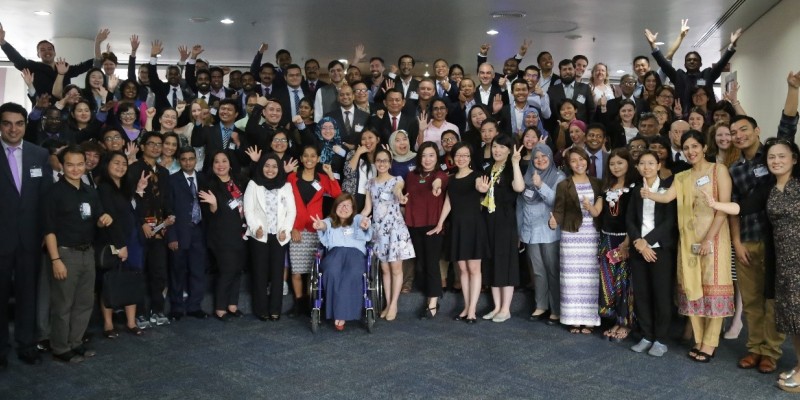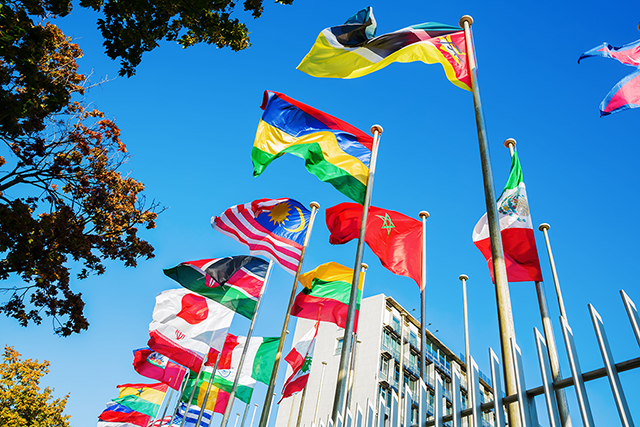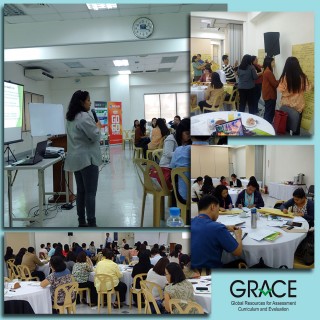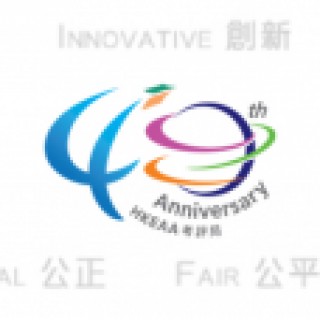Quality of Education
Quality of education, which has until recently been relatively neglected in the international discourse, is gaining greater attention in many Member States. This follows increased access to education at all levels and yet a recognition of the worrying fact that many learners complete primary education without having acquired even basic literacy and numeracy skills. A diverse policy challenge, this area of work covers a wide range of policy domains, including curriculum, pedagogy, teacher policies and particularly assessment (of both cognitive and non-cognitive outcomes).


